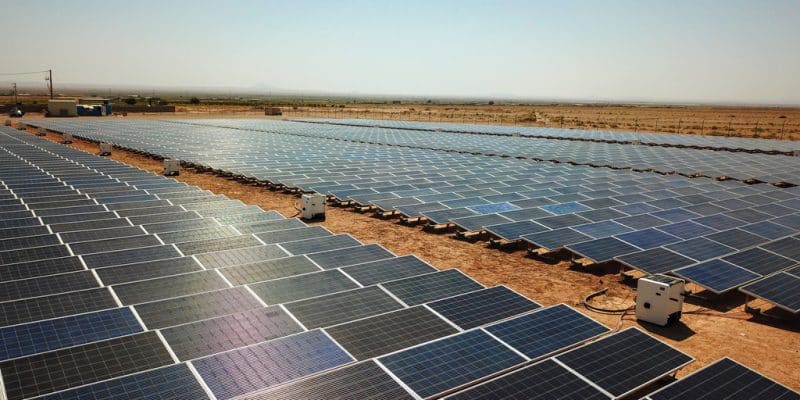The Renewable Energy Performance Platform (REPP), a platform funded by the UK government's International Climate Finance, has just indicated that it is extending its call for proposals for financing renewable energy projects dedicated to the grid by one week.
While it planned to close its call for clean energy projects on October 19th, 2020, the Renewable Energy Performance Platform (REPP) has decided to extend this deadline by one week. The aim of the UK government’s Renewable Energy Performance Platform is to enable as many Independent Power Producers (IPPs) as possible to apply for funding to develop their renewable energy projects.
“We know that a number of developers are struggling to meet next week’s deadline, despite their best efforts to do so. That is why we have decided to extend the deadline by another week. We also hope to reach developers who are unaware of the current call,” says Geoff Sinclair, the managing director of Camco Clean Energy, the investment manager of REPP.
Targeted projects
The renewable energy financing platform wants to finance projects that should produce between 1 and 25 MW (but can reach 50 MW for wind power), although larger developments are preferred. The call for projects concerns the countries of Africa south of the Sahara with the exception of Botswana, Gabon, Namibia and South Africa. The projects financed by REPP cover all renewable energy sources available in Africa including wind, solar, hydro, biomass, biogas, geothermal, and waste-to-energy.
Support for REPP
“By targeting utility scale projects, REPP aims to support African countries in accelerating decarbonisation and the rapid expansion of the renewable energy sector,” says the platform. According to REPP, this call is particularly aimed at projects that are at an advanced stage and close to financial closure, but which need its support to move forward.
Successful projects will receive support from REPP through equity or senior debt financing, assistance in structuring projects and obtaining funding from REPP partners. IPPs will also benefit from technical assistance through business planning, training through workshops and seminars, as well as facilitating learning and exchanges between clean energy project developers.
For more information on the call for projects, click here.
Jean Marie Takouleu







